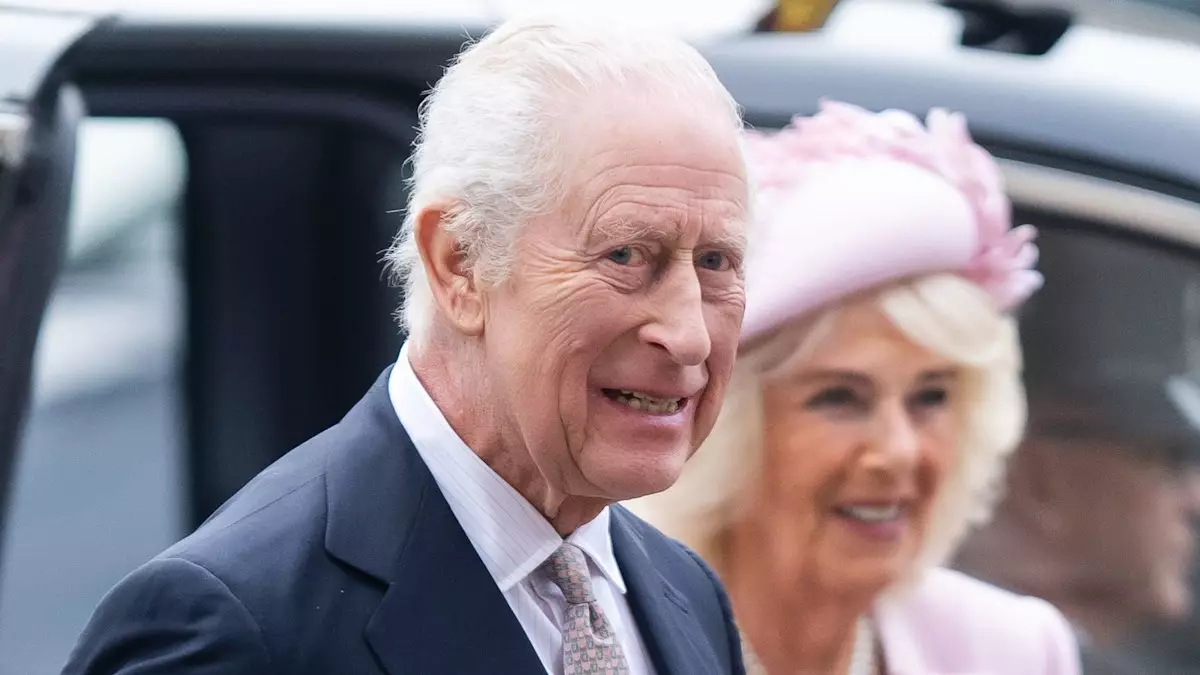Recent developments surrounding King Charles III have stirred concern among royal watchers and health experts alike. Upon being hospitalized due to the side effects of cancer treatment, Buckingham Palace’s announcement detailed that although His Majesty’s condition was stable, he had to cancel several royal engagements. This scenario poses an immediate question: at what cost does dedication and a relentless work ethic come? King Charles, at 76, appears to be grappling with societal pressures that compel him to resume his busy agenda, including an upcoming trip to Italy.
This tendency to push through health challenges reflects a broader societal issue where individuals in leadership positions often equate their self-worth with their productivity. Queen Camilla publicly expressed concern for her husband’s relentless schedule, implying that his willingness to return too quickly is not just a testament to his commitment but a potential risk to his health. This situation leads us to reflect on the importance of balance in one’s life, especially as one ages.
The Pressure to Perform
King Charles’s work ethic is commendable; however, it also serves as a reflection of ingrained beliefs about work and productivity that many individuals share. As noted by Dr. Mohammed Enayat, a longevity expert, there exist numerous psychological and social factors that lead one to behave like a workaholic. High-achievers often struggle to detach from their responsibilities, viewing productivity as a measure of their worth. This mindset can be particularly dangerous for someone recuperating from health issues, as it increases anxiety and sleep disturbances—factors that can complicate recovery.
Elizabeth Walker, a professional recovery coach, echoes this sentiment by highlighting that for many, work is not merely an activity but a core component of their identity. The fear of losing that identity or validation often leads individuals to neglect their needs for rest and self-care, further perpetuating a cycle of overwork.
The Risks of Overworking
Despite the admirable qualities of King Charles’s tenacity, the risks involved in disregarding personal health cannot be overstated. The experience of pushing through exhaustion often leads to burnout and can even alter an individual’s stress response, making relaxation feel foreign. When we treat our bodies as machines, we forget the necessary connection between mind and body, consequently hampering our overall well-being.
The royal family, particularly Queen Camilla, is in a unique position to influence this narrative positively. If the King were to take a step back and prioritize his health, it would send a powerful message to others facing similar pressures. Encouraging a culture that values rest and recuperation alongside hard work can dismantle long-held beliefs that equate busyness with value.
In Pursuit of Well-being
The current climate surrounding King Charles raises critical discussions about aging, responsibility, and mental health. While the inclination to serve one’s duties is commendable, it ought to be balanced with an acknowledgment of personal limitations. If His Majesty continues to prioritize his royal duties over well-being, the repercussions may stretch beyond his personal health, affecting the institution’s stability as well.
True leadership involves understanding when to step back and recharge. King Charles’s apparent refusal to heed the advice of his closest confidants may inadvertently suggest an outdated view of leadership that equates resting with weakness. This narrative must be reshaped to ensure that leaders are not only seen as productive figures but as individuals with well-being needs deserving of attention.
Ultimately, it is crucial for King Charles to introspect and assess the implications of his choices. Health and longevity must take precedence, even in the face of societal expectations and personal ambitions. Recognizing that the role of a monarch encompasses both external duties and internal well-being could foster a healthier approach to both leadership and personal life in the long run.

